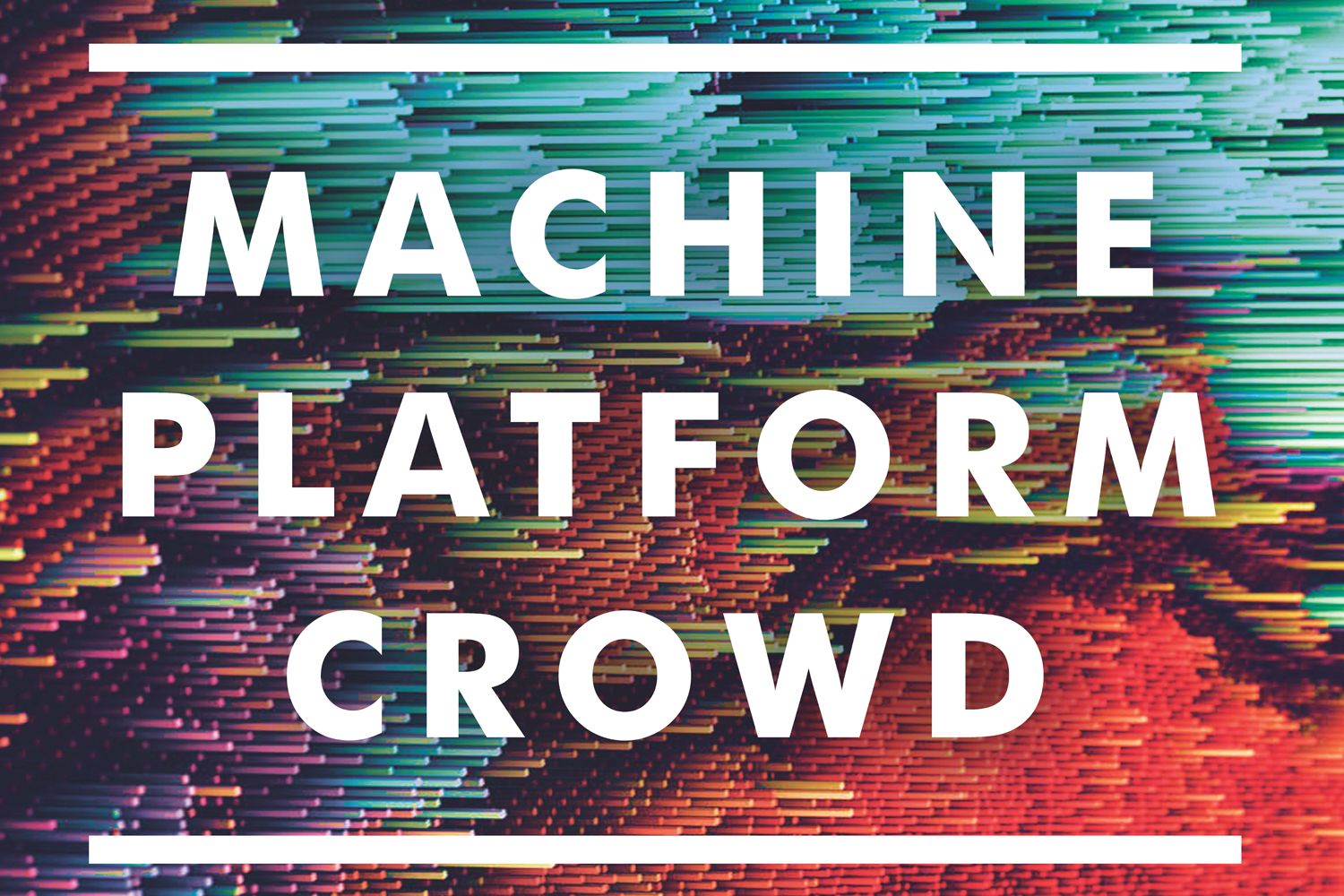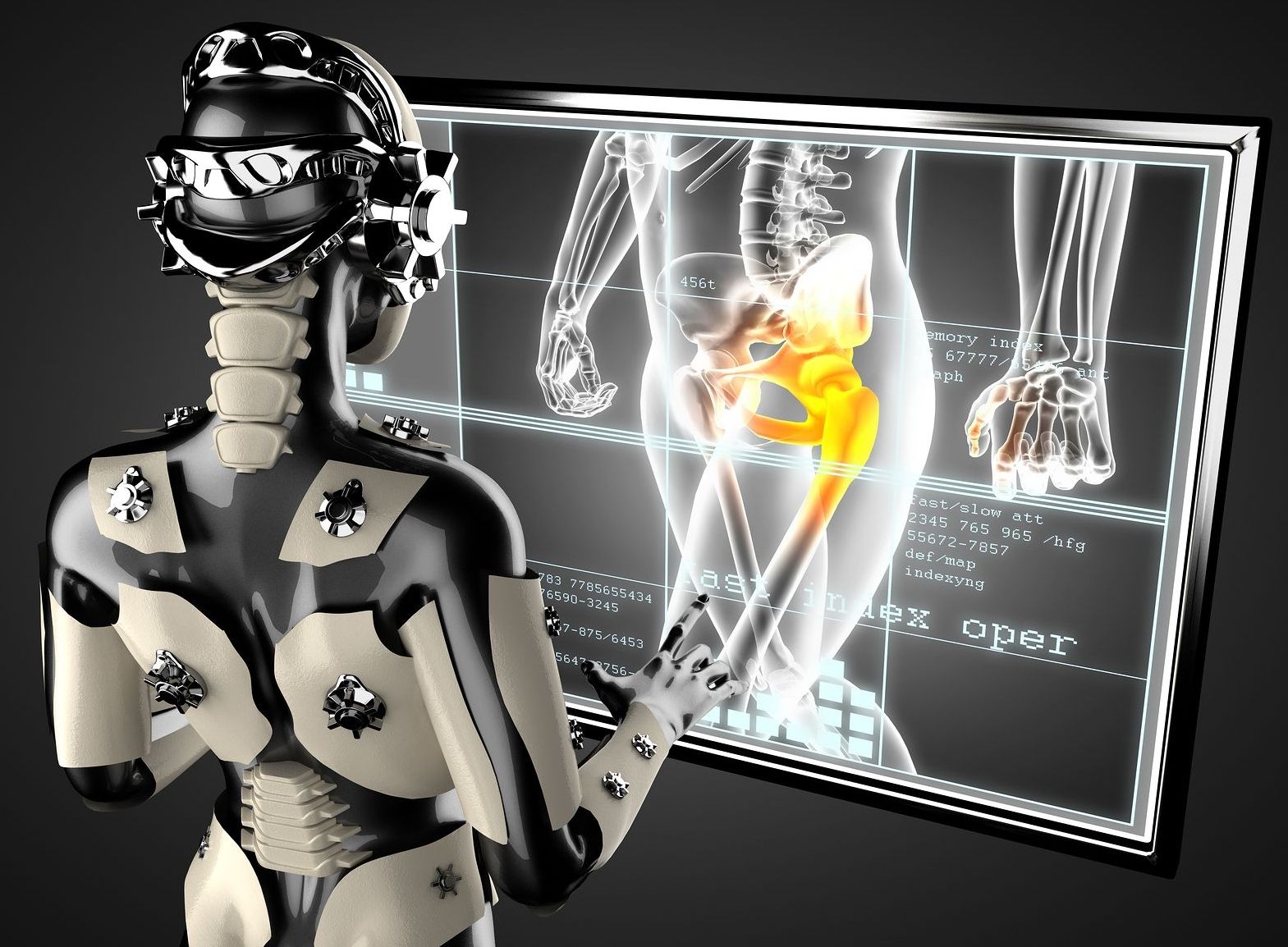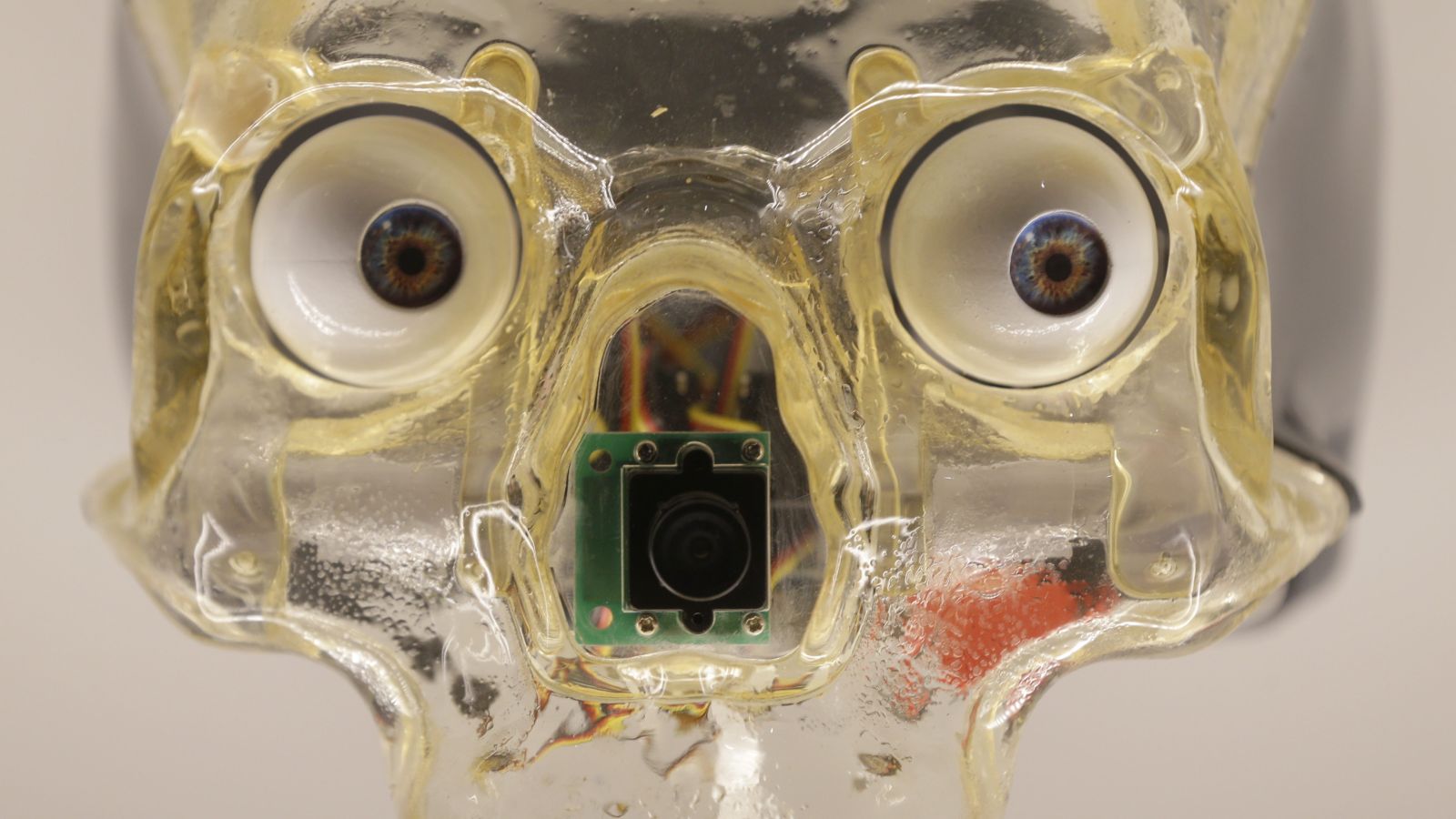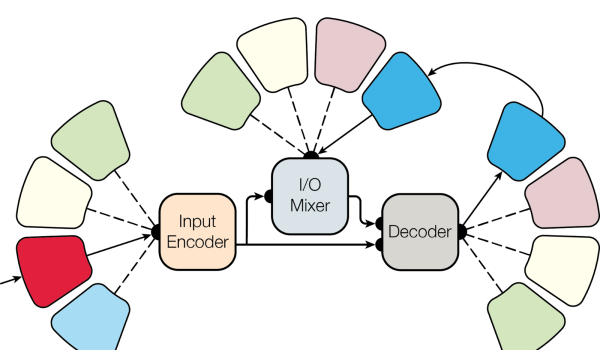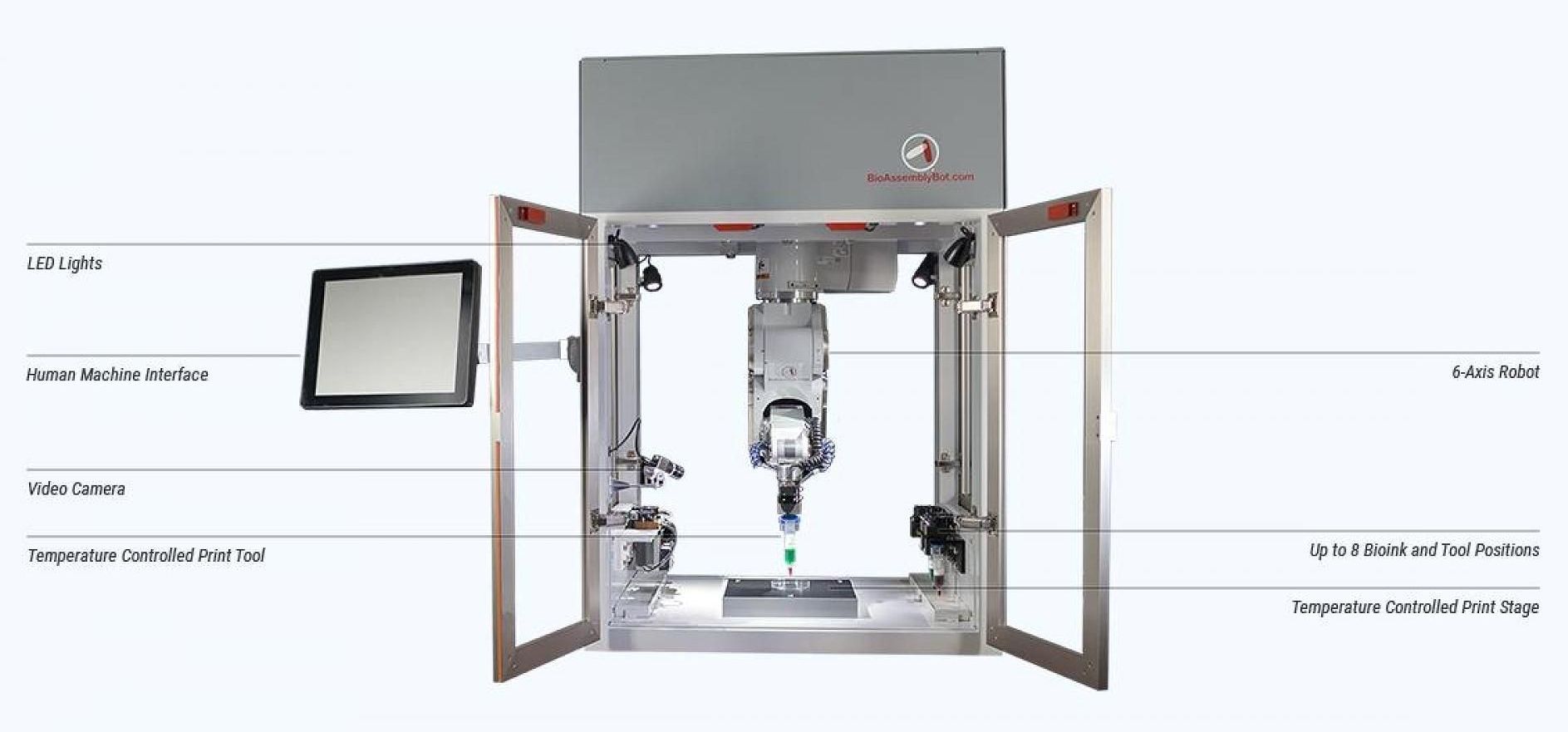➡🖒⛧Well worth a listen!⛧🖒⬅.
Robots moving deeper into the American workplace—how much decision-making will we turn over to machines?
For all the change that has come with the digital revolution – in the ways we work and communicate and do business – the real impact still lies ahead. Computers – machines themselves – are become smarter all the time. That intelligence is being wired into real world action. That’s overturning giant companies. It’s moving in on what we thought only humans could do. Andrew McAfee and Eric Brynjolfsson are on it. It’s exciting. And terrifying. This hour On Point: intelligent machines move in. — Tom Ashbrook
Guests
Andrew McAfee, co-author of the forthcoming “Machine, Platform, Crowd: Harnessing our Digital Future.” Co-director of the MIT Initiative on the Digital Economy. (@amcafee)
